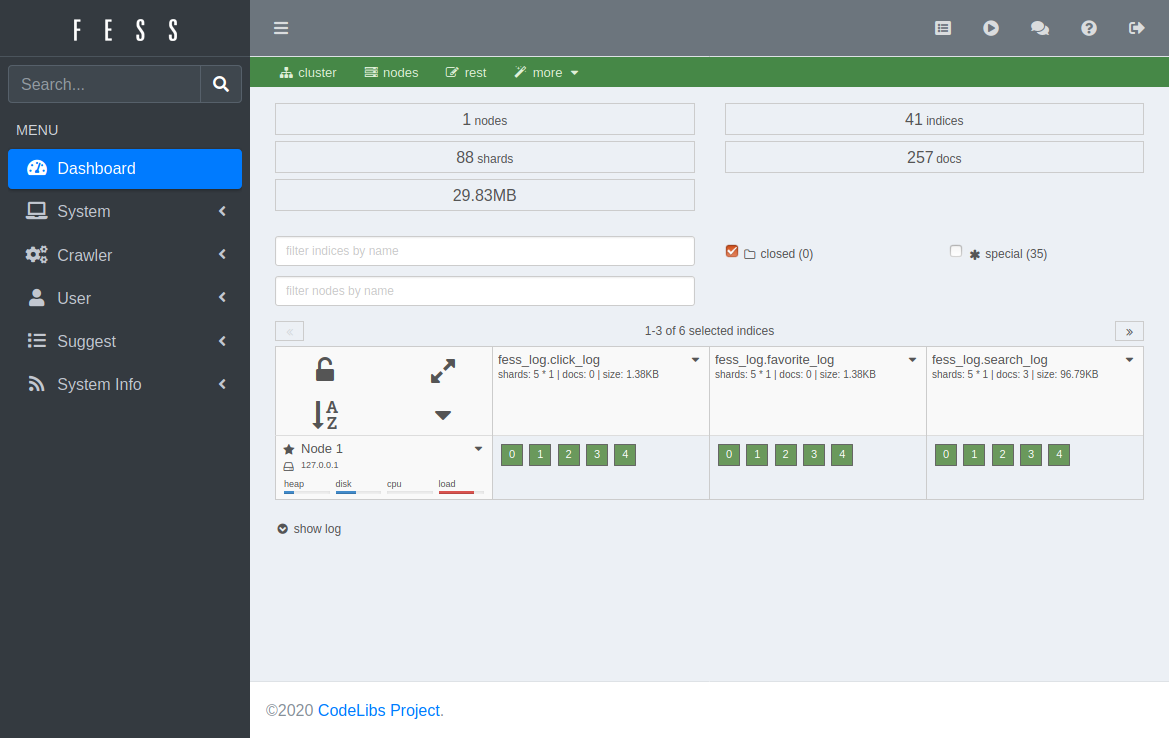- Sort Score
- Result 10 results
- Languages All
Results 1 - 10 of 46 for Migration (0.05 sec)
-
MIGRATION.md
# Migration Guide This guide provides comprehensive instructions for migrating from other enterprise search systems to Fess. Fess offers robust compatibility layers, import tools, and APIs to facilitate smooth transitions from various search platforms. ## Table of Contents - [Supported Migration Sources](#supported-migration-sources) - [Pre-Migration Planning](#pre-migration-planning) - [Migration Methods](#migration-methods)
Registered: Sat Dec 20 09:19:18 UTC 2025 - Last Modified: Thu Nov 06 12:40:11 UTC 2025 - 23.2K bytes - Viewed (0) -
docs/de/docs/how-to/migrate-from-pydantic-v1-to-pydantic-v2.md
## Offizieller Leitfaden { #official-guide } Pydantic hat einen offiziellen <a href="https://docs.pydantic.dev/latest/migration/" class="external-link" target="_blank">Migrationsleitfaden</a> von v1 zu v2.Registered: Sun Dec 28 07:19:09 UTC 2025 - Last Modified: Wed Dec 24 10:28:19 UTC 2025 - 6.3K bytes - Viewed (0) -
docs/en/docs/how-to/migrate-from-pydantic-v1-to-pydantic-v2.md
Registered: Sun Dec 28 07:19:09 UTC 2025 - Last Modified: Sat Dec 20 15:55:38 UTC 2025 - 5.5K bytes - Viewed (0) -
README.md
Registered: Sat Dec 20 09:19:18 UTC 2025 - Last Modified: Sat Dec 20 00:28:33 UTC 2025 - 7.8K bytes - Viewed (2) -
docs/de/README.md
Registered: Sat Dec 20 09:19:18 UTC 2025 - Last Modified: Tue Nov 11 22:42:32 UTC 2025 - 7.8K bytes - Viewed (0) -
docs/fr/README.md
Registered: Sat Dec 20 09:19:18 UTC 2025 - Last Modified: Tue Nov 11 22:42:32 UTC 2025 - 7.9K bytes - Viewed (0) -
docs/zh-CN/README.md
 您可以在管理 UI 的 (Web、文件、数据存储) 爬虫配置页面中注册爬取目标,然后在 [调度器页面](https://fess.codelibs.org/15.3/admin/scheduler-guide.html)手动启动爬虫。 ## 从其他搜索提供商迁移 请参阅 [MIGRATION.md](MIGRATION.md)。 ## 数据存储 当前,Fess 支持抓取以下[存储位置和 API](https://fess.codelibs.org/15.3/admin/dataconfig-guide.html): - [Confluence/Jira](https://github.com/codelibs/fess-ds-atlassian)
Registered: Sat Dec 20 09:19:18 UTC 2025 - Last Modified: Tue Nov 11 22:42:32 UTC 2025 - 7K bytes - Viewed (0) -
internal/config/compress/legacy.go
EnvCompressExtensionsLegacy = "MINIO_COMPRESS_EXTENSIONS" EnvCompressMimeTypesLegacy2 = "MINIO_COMPRESS_MIME_TYPES" ) // SetCompressionConfig - One time migration code needed, for migrating from older config to new for Compression. func SetCompressionConfig(s config.Config, cfg Config) { if !cfg.Enabled { // No need to save disabled settings in new config. return }
Registered: Sun Dec 28 19:28:13 UTC 2025 - Last Modified: Sat Sep 06 17:37:10 UTC 2025 - 1.9K bytes - Viewed (0) -
docs/es/README.md
## Migración desde otro proveedor de búsqueda Consulta [MIGRATION.md](MIGRATION.md). ## Almacenamiento de Datos Actualmente, Fess admite el rastreo de las siguientes [ubicaciones de almacenamiento y APIs](https://fess.codelibs.org/15.3/admin/dataconfig-guide.html):
Registered: Sat Dec 20 09:19:18 UTC 2025 - Last Modified: Tue Nov 11 22:42:32 UTC 2025 - 7.8K bytes - Viewed (0) -
docs/ko/README.md
관리자 UI에서는 (웹, 파일, 데이터 저장소) 크롤러 구성 페이지에서 크롤링 대상을 등록한 다음, [스케줄러 페이지](https://fess.codelibs.org/15.3/admin/scheduler-guide.html)에서 크롤러를 수동으로 시작할 수 있습니다. ## 다른 검색 제공자에서의 마이그레이션 [MIGRATION.md](MIGRATION.md)를 참조하십시오. ## 데이터 저장소 현재 Fess는 다음 [저장소 위치 및 API](https://fess.codelibs.org/15.3/admin/dataconfig-guide.html)를 크롤링할 수 있습니다: - [Confluence/Jira](https://github.com/codelibs/fess-ds-atlassian)
Registered: Sat Dec 20 09:19:18 UTC 2025 - Last Modified: Tue Nov 11 22:42:32 UTC 2025 - 8K bytes - Viewed (1)